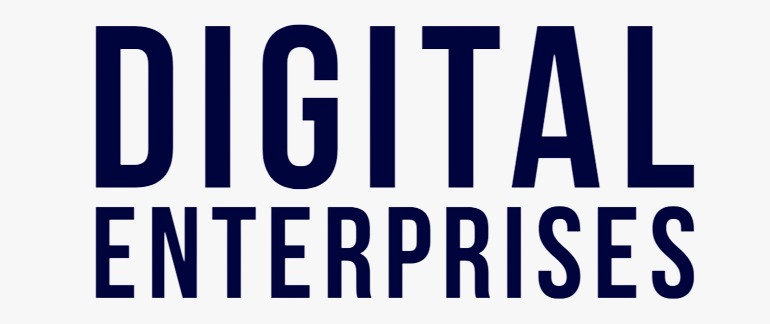Discover the world of Learning Management Systems (LMS) and how they revolutionize online education. Explore features, benefits, and tips for choosing the right LMS for your needs.
In today's fast-paced world, learning never stops. Thanks to technology, we have new avenues for acquiring knowledge. One such tool that has revolutionized education is the Learning Management System, or LMS. In this comprehensive article, we will delve into the Learning Management system and explore its various facets, benefits, and the impact it has on modern education. Join us as we embark on this exciting journey.
Introduction
The Learning Management System, often referred to as LMS, is a powerful platform that has reshaped the way we access education. It provides a digital environment for the delivery, management, and tracking of educational content, making it a key player in online learning. Let's break down the essential aspects of LMS and understand why it's a game-changer for both educators and learners.
Understanding the Learning Management System
Learning Management System (LMS) is a comprehensive digital platform that serves as a central hub for educational content. It offers a range of features designed to enhance the learning experience, such as:
Seamless Course Creation
Creating courses becomes a breeze with LMS. Educators can organize and structure their content efficiently, ensuring a clear and logical learning path.
User-Friendly Interface
LMS platforms are user-friendly, making it easy for both educators and learners to navigate the system. Intuitive interfaces ensure a smooth learning experience.
Assessment and Feedback
LMS systems allow for the creation of quizzes, assignments, and assessments. Instant feedback helps learners understand their progress.
Tracking Progress
One of the standout features of LMS is its ability to track learner progress. Educators can monitor participation and assess the effectiveness of their courses.
Customization
LMS offers customization options, allowing educators to tailor their courses to specific needs. This flexibility is a crucial aspect of personalized learning.
Accessibility
With LMS, learners can access course materials at their convenience. Whether it's via a computer, tablet, or smartphone, education is at their fingertips.
Resource Sharing
LMS platforms facilitate resource sharing. Educators can upload documents, videos, and other learning materials, ensuring students have access to essential resources.
Collaboration
Collaboration is encouraged through discussion boards, group projects, and virtual classrooms, fostering a sense of community among learners.
Analytics
LMS systems provide in-depth analytics, enabling educators to make data-driven decisions and continuously improve their courses.
Security
Protecting sensitive educational data is a priority, and LMS platforms come equipped with security features to safeguard information.
Scalability
Whether you're an individual instructor or a large educational institution, LMS can scale to meet your needs. It's adaptable to various settings.
Learning Management System in Action
To better understand the impact of LMS, let's look at a real-world example:
Imagine a corporate training program. LMS can efficiently deliver onboarding materials, track employee progress, and assess their understanding. It streamlines the process, reduces training costs, and ensures that every employee receives consistent training, regardless of their location.
FAQs
How do I choose the right LMS for my needs?
Selecting the right LMS requires careful consideration. Begin by assessing your specific requirements, budget, and the scale of your operation. Consult reviews and seek recommendations from peers in your industry. A few popular LMS options include Moodle, Canvas, and Blackboard.
Can LMS platforms be used for K-12 education?
Absolutely. Many LMS platforms are versatile and can be adapted for K-12 education. They support features like gradebooks, discussion forums, and parental access to monitor student progress.
Is it necessary to have technical expertise to use an LMS?
No, most LMS platforms are designed to be user-friendly, and you don't need extensive technical knowledge to use them. However, some platforms may offer more advanced features that could benefit from technical expertise.
How can LMS benefit small businesses?
LMS can help small businesses by providing cost-effective training solutions. It ensures that employees receive consistent and quality training, regardless of their location, without the need for in-person sessions.
Are there free LMS options available?
Yes, there are free and open-source LMS options available, such as Moodle and Sakai. These can be an excellent choice for smaller organizations with budget constraints.
How do LMS platforms handle data security?
Data security is a top priority for LMS platforms. They typically use encryption, secure login procedures, and regular system updates to protect sensitive information.
Conclusion
The Learning Management System has truly transformed the education landscape. With its user-friendly features, adaptability, and customization options, it offers a holistic approach to learning. Whether you're an educator looking to create dynamic courses or a learner seeking knowledge on your terms, the Learning Management System is the bridge to a brighter future. Embrace the digital age of education and explore the boundless opportunities LMS provides.





Comments